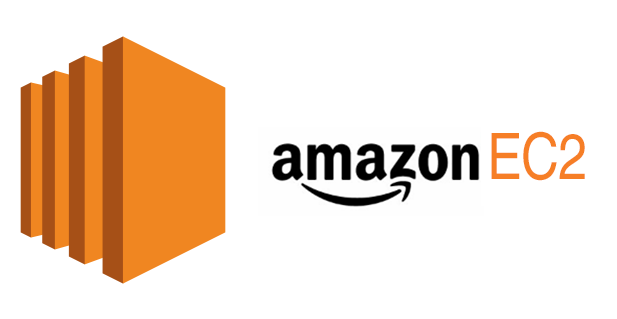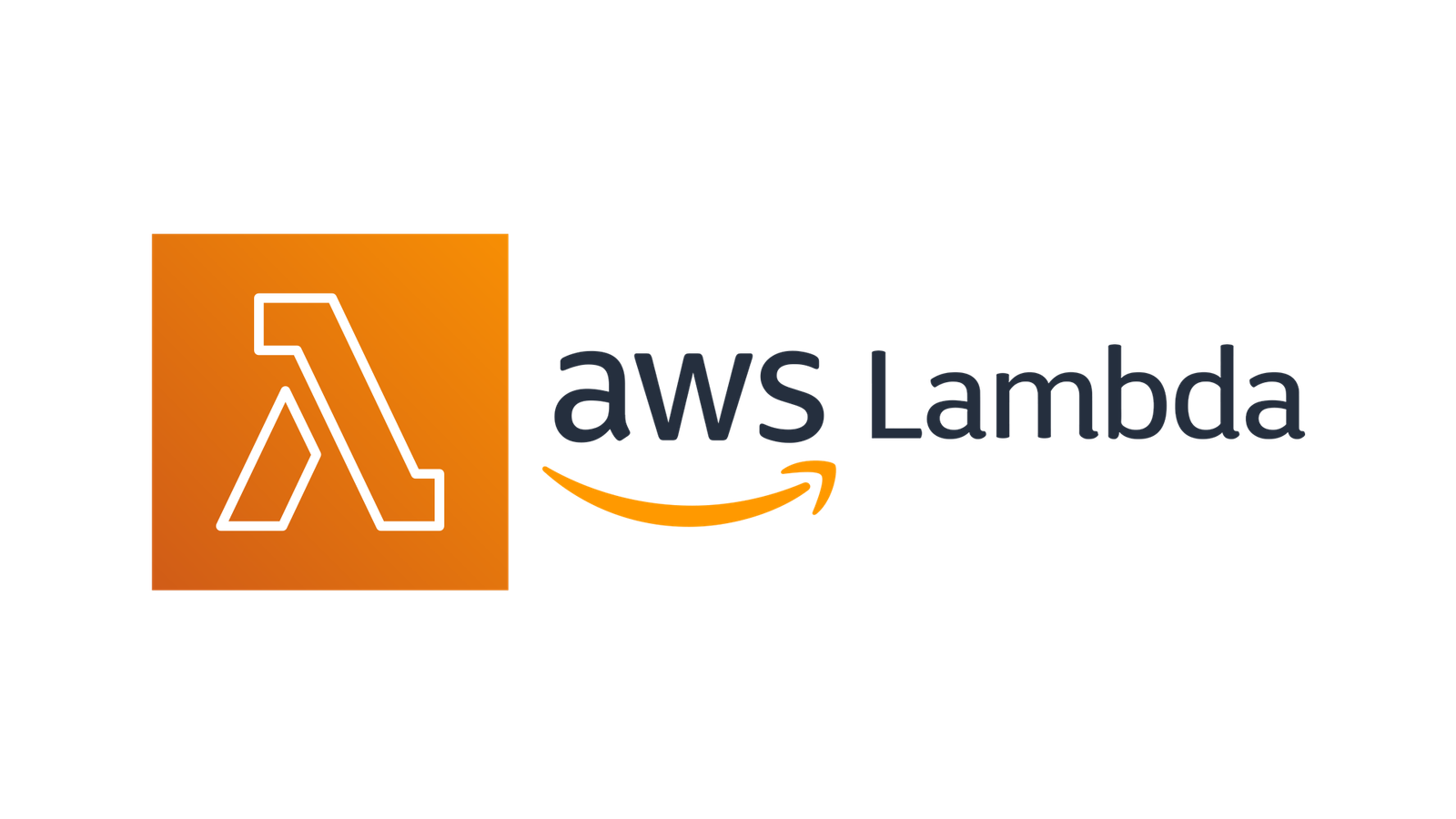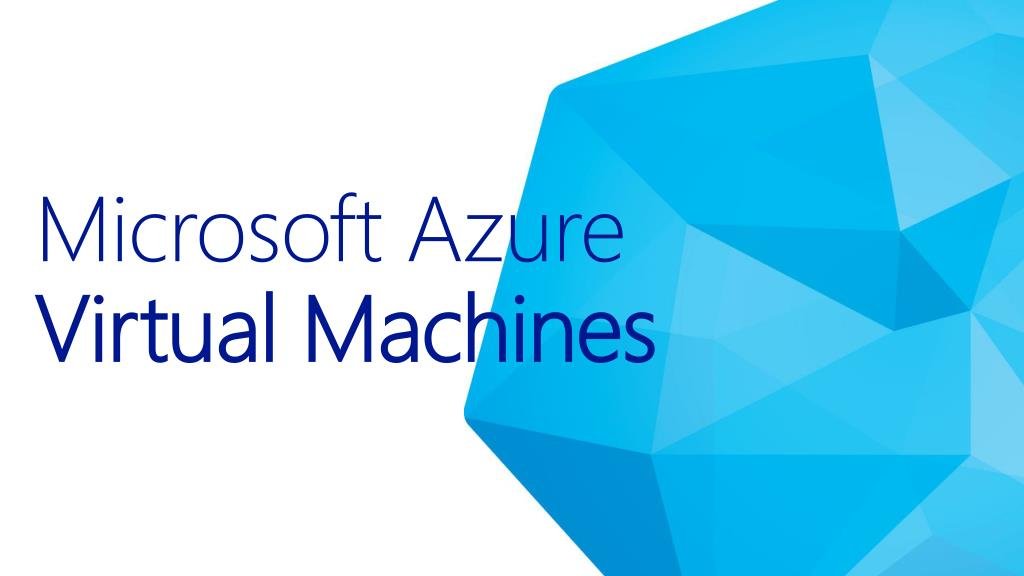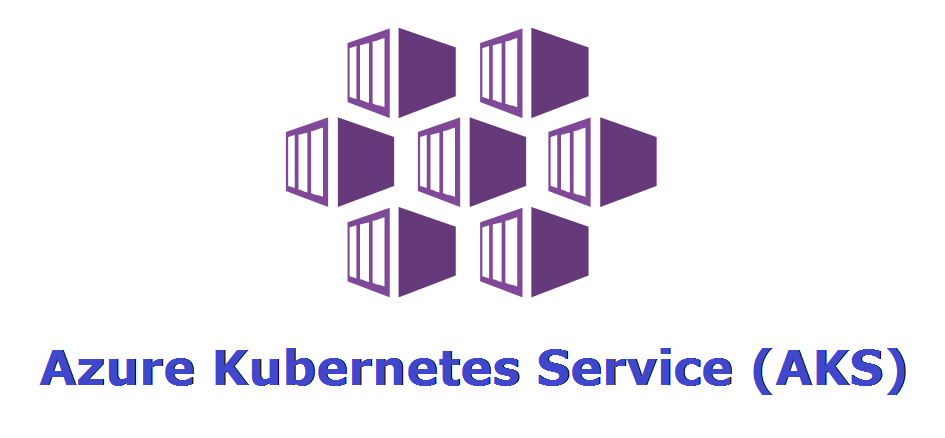Cloud Services
We leverage the power of the cloud to help businesses scale, innovate, and stay ahead of the competition. Our cloud services are designed to provide flexible, secure, and cost-effective solutions tailored to meet the unique needs of our clients. Whether you’re looking to migrate to the cloud, optimize your existing cloud infrastructure, or build cloud-native applications, we have the expertise to deliver the best solutions. From cloud migration and infrastructure management to custom cloud-based applications, we provide secure, flexible, and cost-efficient solutions to meet the unique needs of your business.

Explore our offerings below:
1. Amazon Web Services
Virtual Servers in the Cloud: EC2 allows you to rent virtual servers, or instances, in the cloud. It provides resizable compute capacity, enabling users to quickly scale up or down based on demand. EC2 instances are flexible and can run any application requiring compute resources.
Multiple Instance Types: EC2 offers a wide variety of instance types optimized for different use cases, including general-purpose, compute-optimized, memory-optimized, and GPU instances, allowing users to choose the best instance for their workload needs.
Scalable and Cost-effective: With EC2, you can choose to run instances on-demand, use reserved instances for long-term savings, or leverage spot instances for even lower costs. This flexibility makes it easy to manage costs while scaling resources as required.
Integration with AWS Ecosystem: EC2 seamlessly integrates with other AWS services such as S3 for storage, RDS for databases, and Lambda for serverless computing, creating a cohesive environment for cloud applications.
Persistent Block Storage: EBS provides persistent block-level storage volumes for EC2 instances. These volumes are durable and can be attached to EC2 instances, allowing for the storage of data, applications, and the operating system.
Flexible and Scalable: EBS volumes can be resized and provisioned as needed. You can choose different volume types based on performance and cost requirements, such as SSD-backed or HDD-backed volumes, to match your workload.
Data Durability: EBS volumes are designed for high availability, with data replicated across multiple physical devices in an Availability Zone. Snapshots of EBS volumes can be taken for backup purposes and restored as needed.
Performance Options: EBS provides different performance options, such as General Purpose SSD (gp3), Provisioned IOPS (io2), and Throughput Optimized HDD (st1), to cater to varying needs like high-speed database access or large-scale storage.
Object Storage: S3 is a scalable and secure object storage service that allows you to store and retrieve any amount of data at any time. It is commonly used for storing backups, static files, media, and large datasets.
High Availability and Durability: S3 offers high durability, with objects being stored across multiple facilities within an AWS region. It is designed for 99.999999999% durability over a given year, making it extremely reliable for long-term storage.
Flexible Storage Classes: S3 provides multiple storage classes, such as Standard, Intelligent-Tiering, Glacier, and others, allowing users to optimize cost and performance for different use cases, from frequently accessed data to archival storage.
Integrated with AWS Ecosystem: S3 integrates with various AWS services, such as Lambda (for serverless triggers), EC2 (for storing and retrieving data), and CloudFront (for content delivery), making it a key component of a cloud-based architecture.
Managed Database Service: RDS is a managed service for setting up, operating, and scaling relational databases. It supports several popular database engines, including MySQL, PostgreSQL, MariaDB, Oracle, and Microsoft SQL Server.
Automated Management: With RDS, AWS handles routine database management tasks such as backups, patching, and scaling. This allows developers to focus on application development rather than database administration.
Scalable and Highly Available: RDS allows you to easily scale the database’s compute and storage resources as your application grows. It also supports Multi-AZ deployments for high availability, ensuring minimal downtime in the event of an infrastructure failure.
Security Features: RDS offers encryption at rest and in transit, integrated identity management with IAM, and VPC support for network isolation, providing a secure and compliant environment for database management.
Serverless Computing: Lambda allows you to run code without provisioning or managing servers. You simply upload your code, and AWS automatically takes care of scaling, patching, and maintaining the infrastructure, making it ideal for event-driven applications.
Event-Driven: Lambda can be triggered by a variety of AWS services, such as S3, DynamoDB, and SNS, or even HTTP requests via API Gateway. It can also be invoked on a schedule, making it suitable for both real-time and batch processing.
Automatic Scaling: Lambda automatically scales based on the number of incoming requests, enabling efficient handling of high-traffic situations without the need to manually adjust capacity.
Cost-effective: Lambda’s pricing model is based on the number of requests and the execution time of your code, making it a cost-effective solution for applications with variable workloads. You only pay for what you use, and there’s no charge when your code isn’t running.
2. Google Cloud Platform(GCP)
Scalable Infrastructure: Google Cloud Engine provides flexible and scalable compute resources, allowing users to create virtual machines (VMs) and manage workloads efficiently. It is designed to automatically scale resources based on demand, ensuring high performance during traffic spikes and cost-efficiency during periods of low demand.
Global Reach and Reliability: With Google Cloud Engine, users benefit from Google’s vast network of data centers around the world. This global infrastructure ensures high availability, low latency, and disaster recovery capabilities, offering users the reliability needed for mission-critical applications.
Integrated with Google Cloud Services: Google Cloud Engine seamlessly integrates with other Google Cloud services, such as Google Kubernetes Engine, BigQuery, Cloud Storage, and AI tools. This enables users to build end-to-end cloud solutions, from storage to machine learning, all within one ecosystem.
Security and Compliance: Google Cloud Engine adheres to strict security standards, offering features like identity and access management (IAM), encryption of data both in transit and at rest, and advanced security tools such as Google Cloud Security Command Center.
Serverless Data Warehouse: BigQuery is a fully managed, serverless data warehouse that allows users to run fast, SQL-like queries on large datasets without needing to manage infrastructure. It scales automatically to handle massive amounts of data, making it ideal for big data analytics.
Real-time Data Analysis: BigQuery supports real-time data streaming, allowing users to ingest and analyze data as it’s being created. This is useful for applications that need to process live data feeds, such as sensor data, logs, or transaction data.
Integrated Machine Learning: BigQuery integrates with Google Cloud’s machine learning tools, enabling users to build and deploy ML models directly within the platform using BigQuery ML. This allows data scientists and analysts to leverage predictive analytics without moving data out of BigQuery.
Cost-effective and Scalable: BigQuery uses a pay-per-query pricing model, meaning you only pay for the data you process. It also provides flexibility to scale as needed, so you can handle any size of data set—from terabytes to petabytes—without the complexity of managing servers or clusters.
Real-time Database and Firestore: Firebase offers two primary database solutions: Realtime Database and Cloud Firestore. Both are NoSQL databases designed for building web and mobile applications with real-time data syncing and offline support, making them perfect for collaborative apps or apps that require instant updates.
Comprehensive Backend Services: Firebase provides a variety of backend services, including authentication , cloud storage , serverless functions , and hosting. These services simplify app development and reduce the need for managing separate backend systems.
Analytics and User Engagement: Firebase offers built-in analytics (Firebase Analytics), helping developers understand user behaviour, track events, and gain insights.
Scalable and Secure: Firebase leverages Google Cloud’s infrastructure, providing high scalability, security, and real-time capabilities. Firebase Authentication integrates with Google Identity to provide secure user authentication, while Firebase Security Rules ensure data is accessed and updated in accordance with the app’s security needs.
3. Microsoft Azure
On-Demand, Scalable Compute: Azure VMs provide scalable, flexible compute resources that can be provisioned on-demand. You can choose from a wide range of VM sizes and configurations, making it suitable for applications requiring specific computing power.
Customizable OS and Software: Azure VMs support various operating systems such as Windows, Linux, and even custom configurations. You can install any necessary software, run legacy applications, or use it as a development and testing environment.
Integration with Other Azure Services: VMs integrate seamlessly with other Azure services such as networking (Virtual Network), security (Azure Security Center), and storage (Azure Storage) to create a robust and secure environment for your applications.
Pay-as-You-Go Pricing: Azure VMs operate under a pay-as-you-go pricing model, which means you only pay for the compute power you use, making it cost-effective for workloads that require variable or unpredictable levels of computing resources.
Managed Kubernetes Cluster: AKS is a fully managed Kubernetes service that simplifies the deployment, management, and scaling of containerized applications. It automates tasks like patching, scaling, and monitoring, so developers can focus on building and deploying applications.
Built-in Scaling and Load Balancing: AKS supports auto-scaling for both the applications and infrastructure, ensuring that your containers are always running with the right resources. Azure also provides load balancing for incoming traffic to distribute it evenly across container instances.
Integrated DevOps and CI/CD: Azure Kubernetes Service integrates with Azure DevOps and other CI/CD tools, allowing developers to automate application deployment pipelines, rollbacks, and updates seamlessly in a Kubernetes environment.
Multi-Region and High Availability: AKS provides high availability with multi-region support, helping ensure that your applications can run across multiple data centers for improved redundancy and fault tolerance.
Event-Driven and Serverless: Azure Functions allows you to run small pieces of code without having to manage the underlying server infrastructure. It automatically scales based on demand, and you are charged only for the execution time of your function, making it highly cost-efficient for sporadic workloads.
Supports Multiple Languages: You can write Azure Functions in various languages, including C#, Java, Python, JavaScript, and PowerShell, providing flexibility to developers familiar with different programming languages.
Seamless Integration: Functions integrate well with other Azure services such as Azure Storage, Event Grid, and Service Bus, enabling you to build serverless applications that respond to events (like file uploads or database changes).
Automatic Scaling: Azure Functions scale automatically based on the number of incoming events, so you don’t need to worry about resource management. It can scale from zero to millions of executions as needed, ensuring efficiency and performance without manual intervention.











